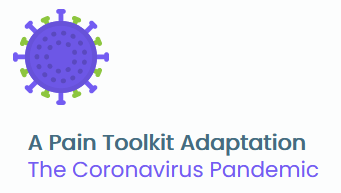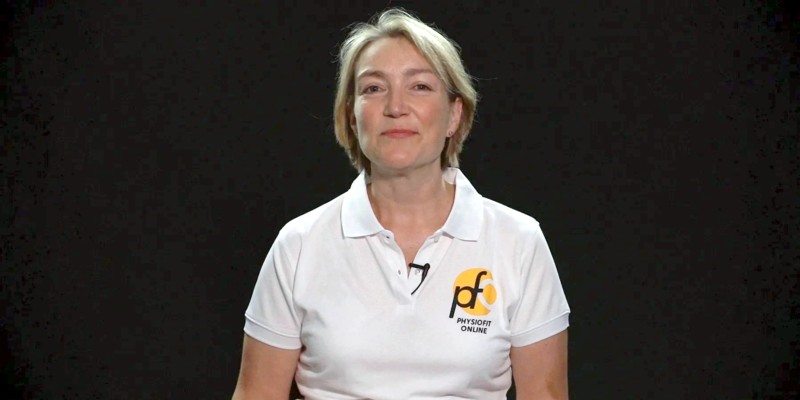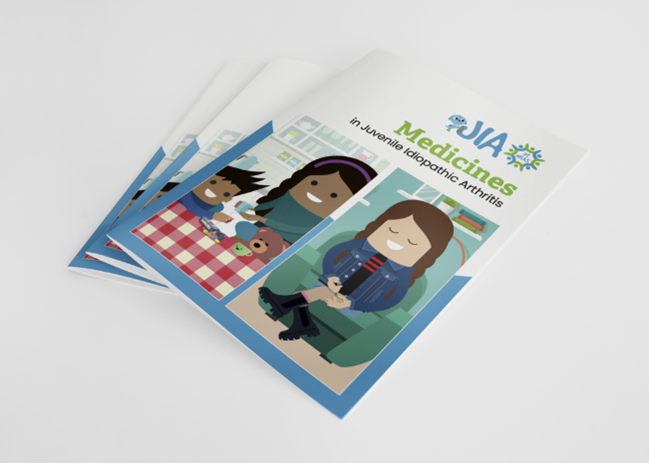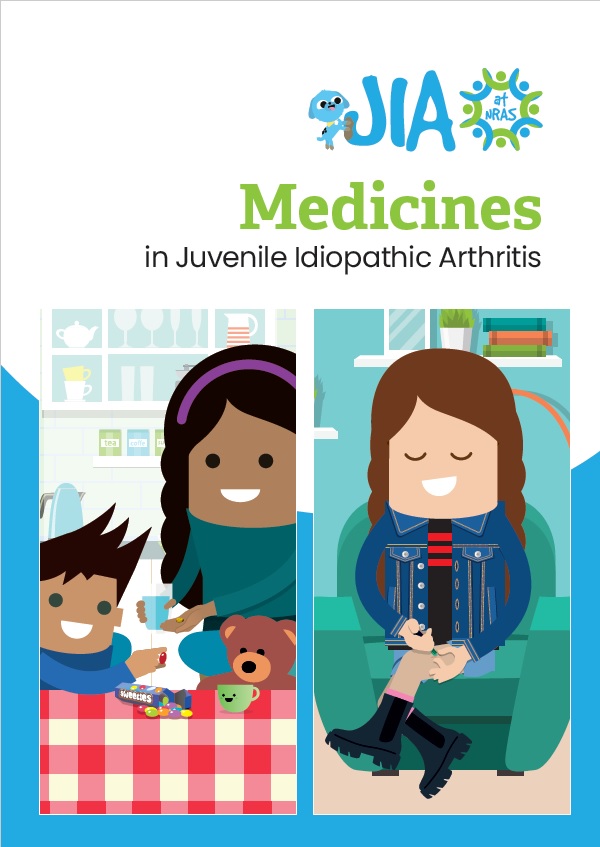
Working closely with health professionals and people living with RA, NRAS has created SMILE-RA- a platform to support people with self-management of their RA. With an intuitive interface, the modules can be selected which are of interest and relevance.
The modules available are the following:
- Foundation
- Newly Diagnosed
- Meet the Team
- Managing pain and Flares
New modules will continue to be added as they are developed. Visit nras.org.uk/selfmanagement for more information!
Hear from NRAS National Patient Champion, Ailsa Bosworth MBE, explaining in this video what supported self-management is all about and how SMILE, can help people living with RA.



 Physiotherapist Katie Knapton from PhysioFit and Pete Moore from the PainToolkit have co-written a self-management guide for people suffering with Long Covid. This is free and entry-level information to try and help people on the path to recovery.
Physiotherapist Katie Knapton from PhysioFit and Pete Moore from the PainToolkit have co-written a self-management guide for people suffering with Long Covid. This is free and entry-level information to try and help people on the path to recovery.
 The pandemic has led to a backlog of people, primarily over 50s, who are in need of support to manage their condition due to a combination of
The pandemic has led to a backlog of people, primarily over 50s, who are in need of support to manage their condition due to a combination of 
 e-Learning for Healthcare has published a national training session providing an introduction to long COVID, looking at its definition, common symptoms, investigations as well as the impact it has on adults and children.
e-Learning for Healthcare has published a national training session providing an introduction to long COVID, looking at its definition, common symptoms, investigations as well as the impact it has on adults and children. The King’s Fund has worked with AHPs from across the UK to consider their contribution to tackling health inequalities. A framework based on the findings, to which the
The King’s Fund has worked with AHPs from across the UK to consider their contribution to tackling health inequalities. A framework based on the findings, to which the 

 The
The 

 Every allied health professional plays an important role in tackling health inequalities. The 14 allied health professional bodies, Public Health England, NHS England and NHS Improvement have worked with The King’s Fund to develop a simple framework to help any allied health professional consider their role in tackling health inequalities.
Every allied health professional plays an important role in tackling health inequalities. The 14 allied health professional bodies, Public Health England, NHS England and NHS Improvement have worked with The King’s Fund to develop a simple framework to help any allied health professional consider their role in tackling health inequalities.